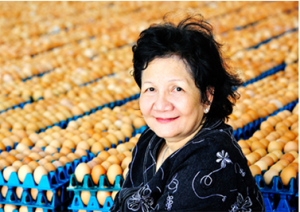|
Researchers Modify Yeast to Show How Plants Respond to Auxin
Saturday, 2016/10/08 | 06:20:35
|
|
University of Washington (UW) researchers have developed a new toolkit based on modified yeast cells to tease out how plant genes and proteins respond to the plant hormone auxin. The yeast-based tool allowed them to decode auxin's basic effects on the diverse family of genes that plants use to detect and interpret auxin-driven messages.
Auxin is the most widespread plant hormone, affecting nearly every aspect of plant biology, including growth, development, and stress response. Auxin acts on promoters to turn nearby genes on or off. Some genes turn on, others are switched off. Plant proteins mediate these responses by binding to auxin and then to promoters.
"There is a large amount of cross-communication between proteins, and plants have a huge number of genes that are targets for auxin," said UW biology professor Jennifer Nemhauser. "That makes it incredibly difficult to decipher the basic auxin ‘code' in plant cells."
The research team switched from plant cells to budding yeast and engineered yeast cells to express proteins that responded to auxin, so they could measure how auxin modified the on/off state of key plant genes that they also inserted into the cells. Their experiments revealed the basic code of auxin signaling, and shed light on the complex interplay within cells that produces clear auxin-mediated messages.
For more details, read the news release at the UW website. |
|
|
|
[ Other News ]___________________________________________________
|


 Curently online :
Curently online :
 Total visitors :
Total visitors :



















